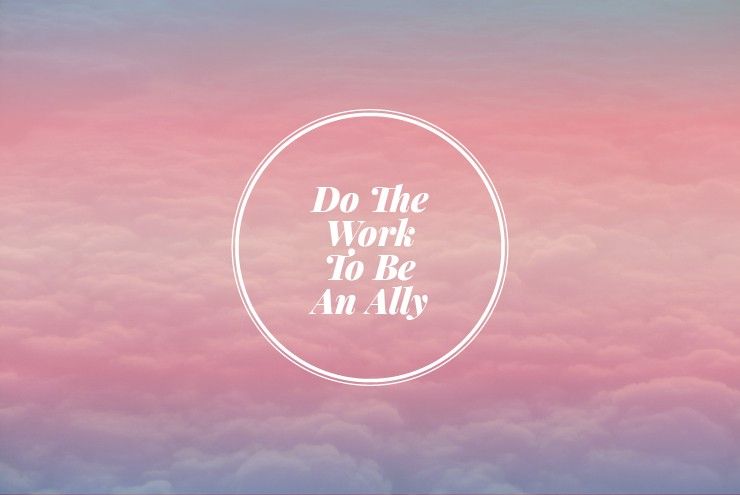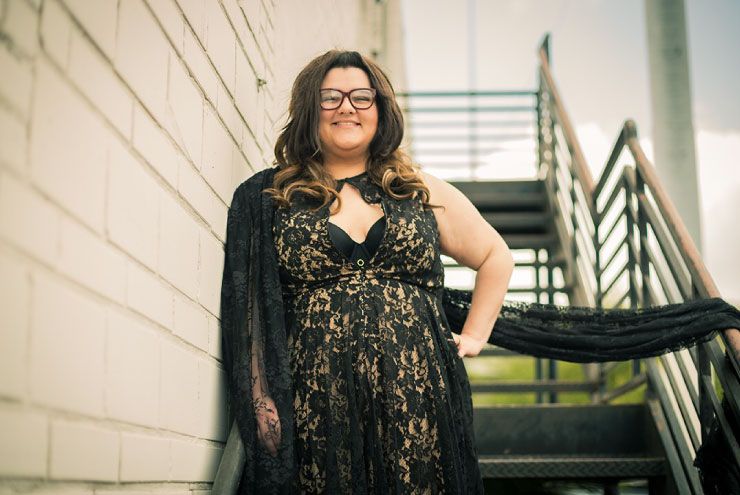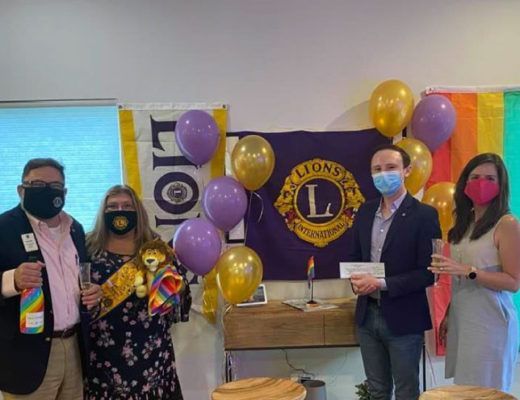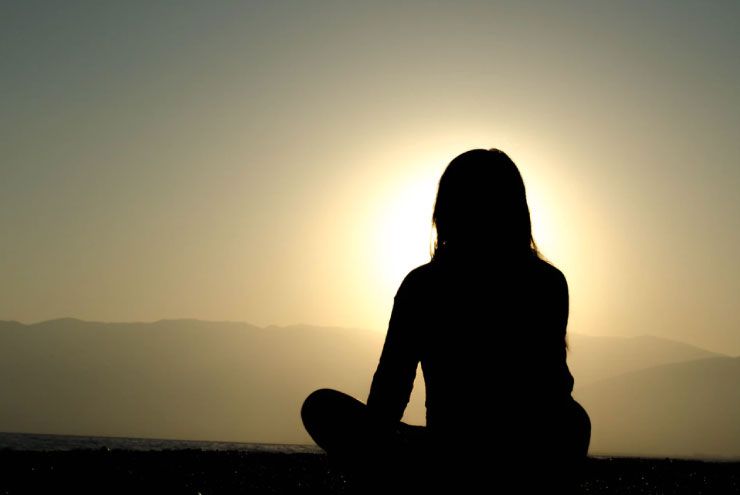By Eric Edward Schell
I’m not an angry person, but I am angry about injustice. I’ve come to terms with that anger though, because if we’re not angry about injustice, we’re not properly doing our jobs as activists. I’m also aware that not everyone is an activist, nor do they have to be. But when members of the LGBTQIA+ community begin to inhibit the progress of equality and equity for others within our community, it’s infuriating.
I’ve been told that getting angry won’t help anything. Well, getting angry does make a difference. If we simply sat back and let people be blind in their ignorance, hate, and lack of education, we wouldn’t be where we are today. Because of our anger—in conjunction with our unity—we now have legislation that demands equality and protections. Being angry is a political act.
Recently, I have come across quite a few people who use problematic language in reference to others in our community. I have personally found that gay men (like myself) are often the most guilty of refusing to step outside of their respective bubbles to understand the needs of others within the LGBTQIA+ spectrum. As a result, gay men continue to heavily contribute to transphobia.
By invalidating trans people, we in turn silence and erase their existence. We know from our own history that silence equals death. Trans women of color are being murdered at an alarmingly high rate—22 trans women of color have lost their lives just this year. How quickly we forget June 28, 1969. As the Stonewall Riots lit up the streets, trans women were on the front lines being arrested in the fight for our equality.
I would also like to point out the larger, systemic erasure of marginalized folks within the LGBTQIA+ community. Organizations, comprised of older, wealthy, white, cisgender gay men, have since “diversified” their boards for optics, but still maintain the problematic principles that continue to ignore the needs of the same marginalized LGBTQIA+ individuals they now claim to represent.
I’ll admit, I too, was guilty of not being the best ally. However, I cared enough about our community’s history and the fights each one of our respective groups faces to adjust my words and actions.
If I have offended you or made you uncomfortable by pointing out these underlying issues, you may want to take a step back and examine why you feel that way. Do you have work to do? It’s okay if you do. It’s not okay if you make the conscious choice to continue being a part of the problem, instead of the solution.







